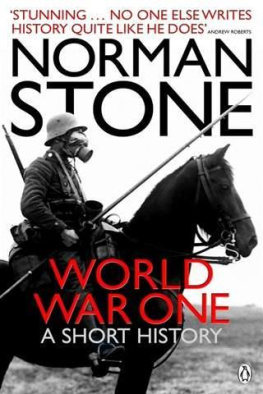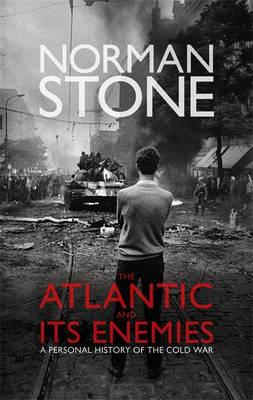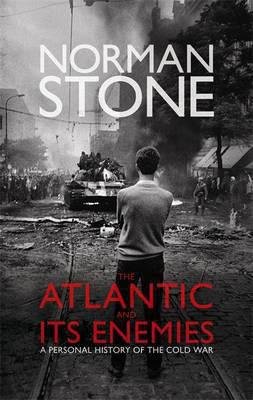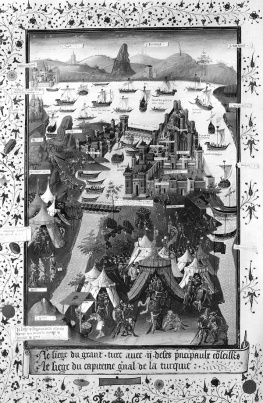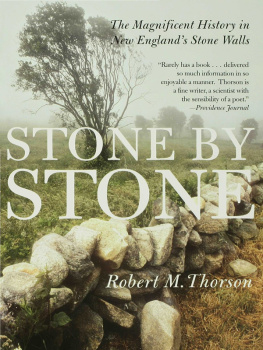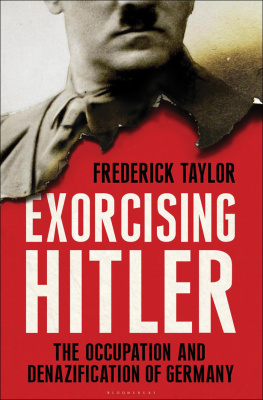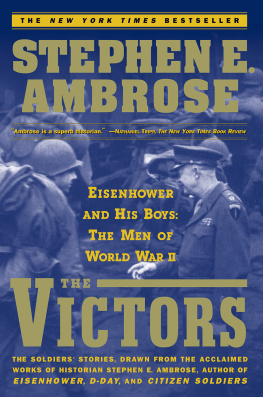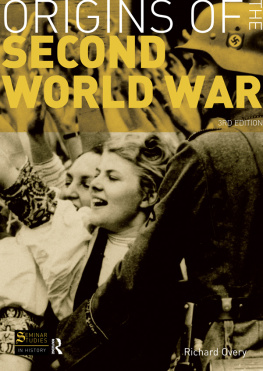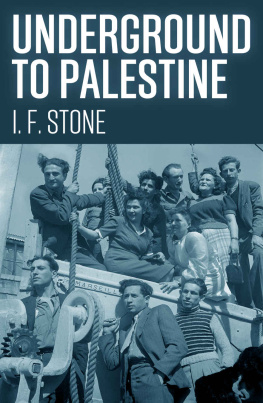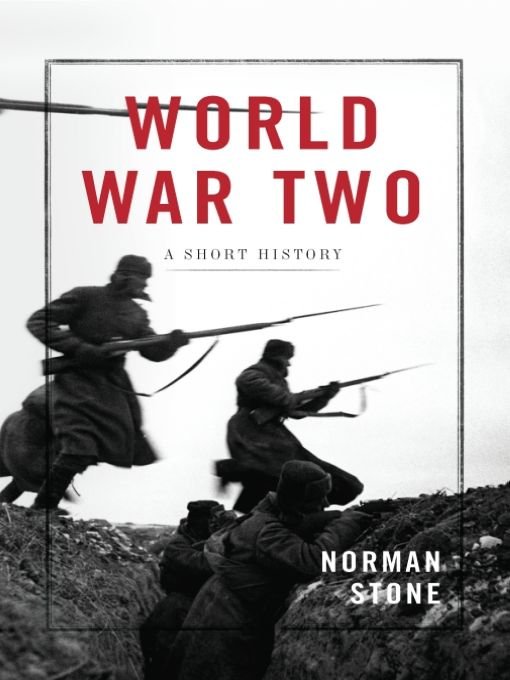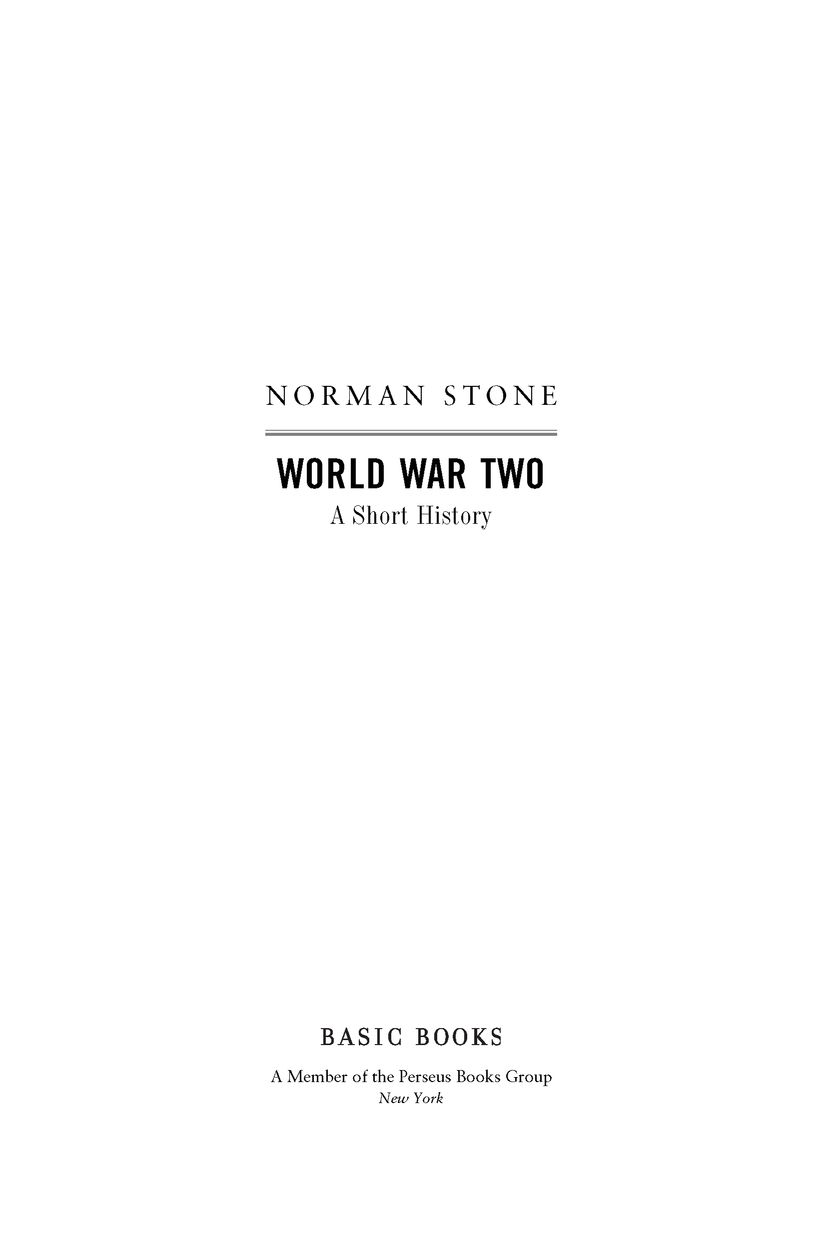Table of Contents
ALSO BY NORMAN STONE
The Atlantic and Its Enemies
World War One
The Eastern Front 1914-1917
Europe Transformed
Turkey: A Short History
Introduction
The Europe of 1914 looks very grand, if you judge it from the great monuments put up in any of the capitals of the time. There is a triumphalist air to themThe Mall in London, the imperial centre of a quarter of the worlds land surface; the new Hofburg in Vienna, where everybody must have felt like an exhibit in the museum that the city was shortly to become; the Millennium monument in Budapest, celebrating the 1000th anniversary of the Hungarians arrival in Central Europe; the enormous Victor Emmanuel wedding cake in Rome. Paris had had the Napoleonic treatment somewhat before, and the triumphalism of the period is shown mainly in the Pont Alexandre III. If you were European or American, you were supposed to be a master of the universe, and even the lesser capitals, such as Brussels (reigning over the Congo), had their pompous displays. The most spectacular of these is not in Europe but in the jewel in the British Crown, the city of New Delhi, designed by Sir Edwin Lutyens for a viceroy, Lord Curzon, who said in 1904 that the British should rule in India as if for ever. They were in reality going to be out in 1947, and by then all these grand capitals were smashed or at least made very shabby by war. Berlins centre was just rubble, and on the Siegesallee (Victory Avenue) the lumpish busts of the charmless rulers of Brandenburg glowered out over a waste of weeds, burnt shrubbery, and the corpses of animals that had escaped from the nearby zoo. The century had begun with the pomp and circumstance of Queen Victorias funeral, when the rulers of the world had come to London, but it was not even halfway through when the whole imperial show had its own funeral, in 1945.
Only thirty years passed between the start of the First World War and the end of the Second and, with a brief interruption in the second half of the 1920s, they were calamitous. Until 1914, everyone, bar a few pessimistic writers, had believed in Progress. H. G. Wells had been its principal spokesman: science would save mankind. By 1945, in his final book, Mind at the End of Its Tether, Wells had turned blackly pessimistic. But it turned out that he was wrong again. After 1945, or at any rate after the Marshall Plan was launched in 1947, peace and prosperity reigned, and the thirty-year nightmare receded. The world, or at least the Western world, returned to an earlier pattern, that of the later nineteenth century. The last forty years of that century had seen the greatest economic quantum leap in modern history, if you consider the starting point. Horses and carts became motorcars; hospitals became places for recovery, not death through infection or pain; film, aircraft, psychoanalysis, skyscrapers, telephonesall products of that generation. Life expectancy shot up, and populations doubled. It is also true that the cultural life of the time was astonishing. For a natural scientist, the world of 1910 was miraculous. Without a passport, and without spending very much, you could go to international gatherings organized by a Belgian industrialist, Ernest Solvay, and discuss mathematics and physics with the most powerful brains in the world: Henri Poincar, Albert Einstein, Marie Curie. In education, there had in most countries been reforms that made high schools better than todays universities. People knew their Bible and the national classics; the standard of musical performance was extraordinarily high; publications abounded, and serious writers such as Thomas Mann or composers such as Richard Strauss (they were both very careful with money) could become rich. But the writers pessimistic cast of mind was justified, because the First World War emerged from it all, and then a Second World War soon emerged from that. Why?
The short answer is, of course, Germany. Otto von Bismarcks creation was the great success story, and her rulers lived in his shadow. Germans began to regard Slavs as inferior. Poles, by the millions, migrated west into Silesia or the industrial Ruhr, and took generations to assimilate. Prussian kings had had to learn Polish as a matter of course, and the first one to forbid his son to learn it was the nationalist-liberal father of Kaiser Wilhelm II. Prussia had generally had a very close relationship with Russia, the rulers of which were anyway either German or heavily influenced by Germans. But that changed in the 1890s, as Russia counted as backward and barbarous. She also took up a military alliance with France, Germanys rival, getting in return a large amount of French investments. By 1914 these were paying off. Russia was catching up fast, and there was wild alarm in German military circles that in a two-front war they would be crushed. These alarms affected a wide area. There was Austria-Hungary, the Habsburg Empire, clearly in process of dissolution; and there was Ottoman Turkey, even more clearly in that process, and yet controlling both the oil of Iraq and the Bosphorus Straits, through which passed Russias all-important grain trade and much else. When the straits were briefly closed in 1911-12. the economy of southern Russia nearly shut down as well. Germany and Russia were on a collision course over these matters.
The trouble was that Germany had made enemies besides Russia. The French had never really reconciled themselves to the defeat that they suffered at Bismarcks hands in 1870, and they made a huge effort at recoverya large army (they even conscripted monks), an empire-building navy, and an ambitious foreign policy, directed at alliance with Russia. But French hostility would be containable, provided that the British remained neutral. And it was here that Germany, around the turn of the twentieth century, made her greatest mistake. She planned a navy, with a view to what was called Weltpolitikworld policy, meaning empire. But the ships were not like British or French ones, which were meant to go round the world, defending overseas trade and possessions, and therefore needed coaling capacity, which in turn limited the weight that could be put into armour-plating. German ships were constructed with very limited coaling capacity, and so they could pile on weight in extra armour-plating. It took time for the British to realize that the German warships were really only intended to remain in European waters, and that they would be less vulnerable than the more thinly armoured British ones. And the whole point of the German navy was to bully or blackmail the British into granting imperial concessions to Germanyconcessions in the first instance meant to be in China, but later on in the Middle East, the lands of the old Ottoman Empire. German ships, directed over the North Sea, spelled out the same sort of threat before 1914 as did Hitlers air force before 1939. Far from cowing the British, it caused them to take up alliances elsewhere. Alliance with Japan in 1902. lessened their weight of responsibilities in the Far East. In 1904 they took up a semi-alliance with France, the Entente Cordiale (friendly agreement). On the face of things, this was a colonial bargain involving North Africa. There had been rivalry over Egypt, where the British had established a protectorate and excluded the French. The French in turn had established themselves in Morocco and needed international support. Now, a deal was done: Morocco for France, Egypt for England. Behind the scenes, there were naval understandingsthe British would take care of the North Sea, the French, of the Mediterranean. Later on, these agreements were extended, as the British did a deal with Russia and, after 1911, made plans for military assistance to France in the event of a German attack. Freud defines neurosis as that condition which realizes its own worst nightmares, and Germany was in such a state.


